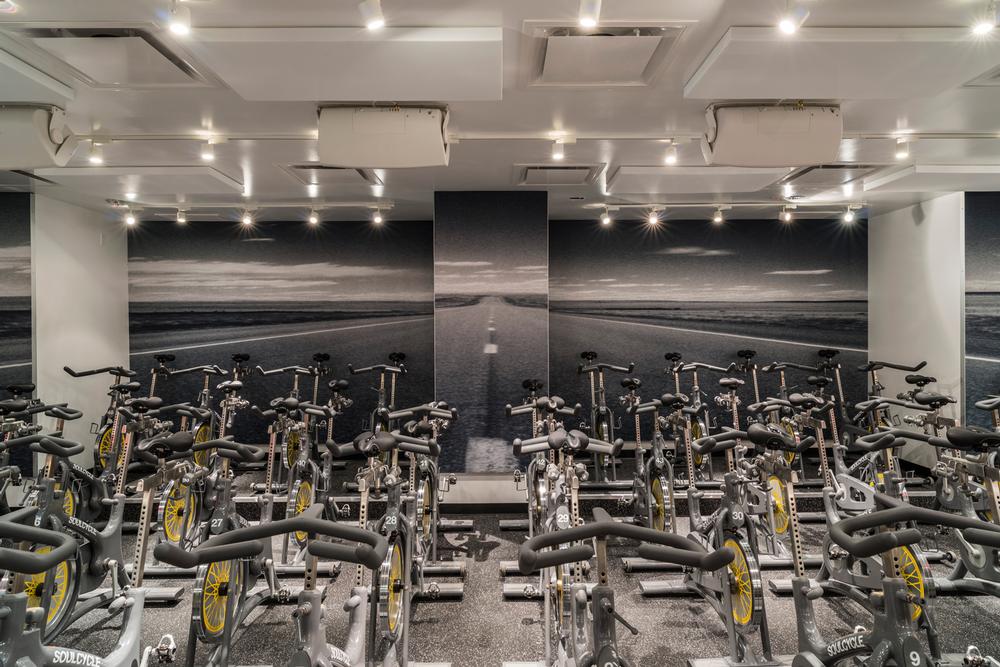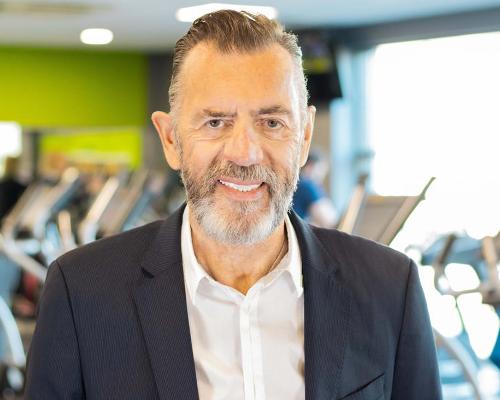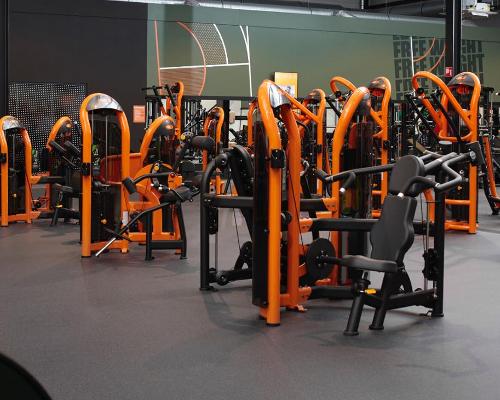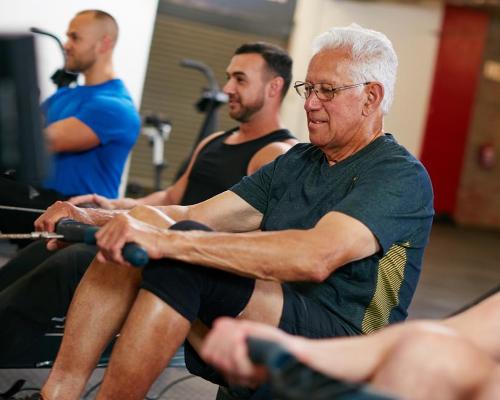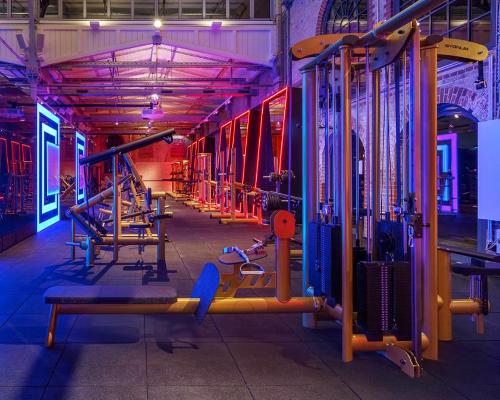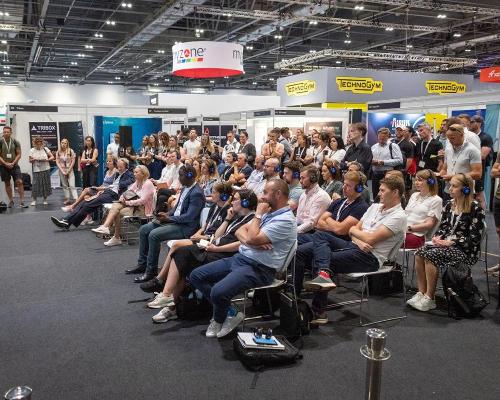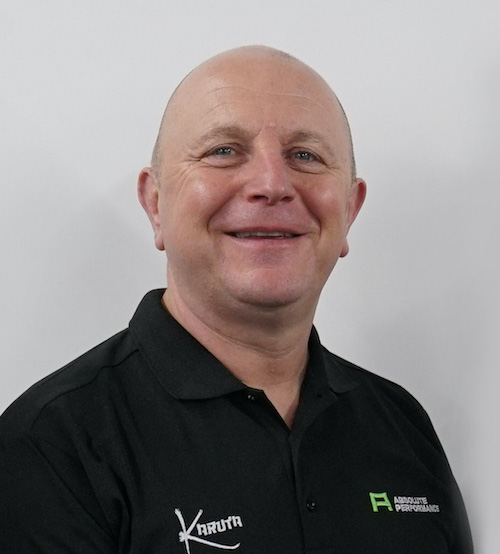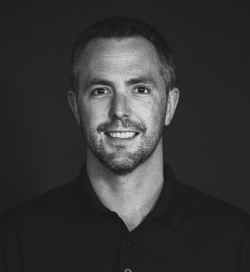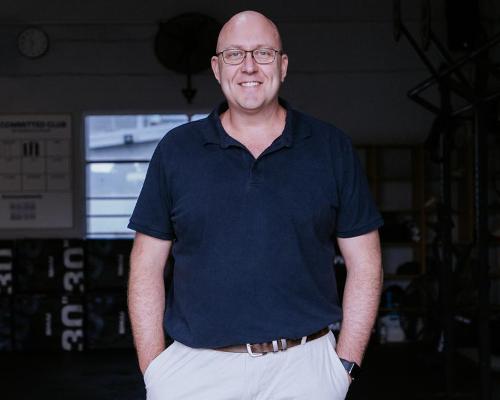features
Interview – Magnus Lindkvist: Magnus Lindkvist
The author, trendspotter and futurologist offers Kate Cracknell his thoughts on the future of the fitness industry
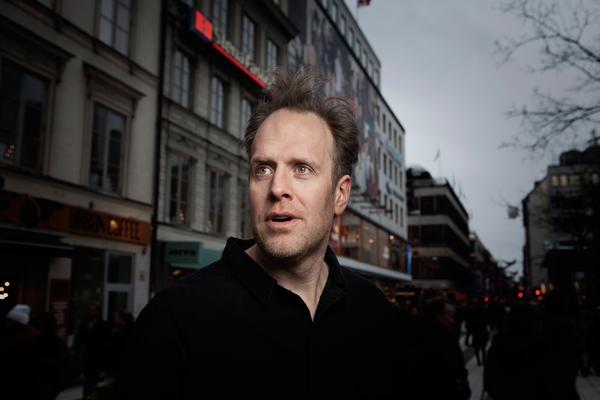
The coming decade in the fitness industry will be more exciting than the last three put together,” says Magnus Lindkvist, the Swedish-born trendspotter and futurologist.
“In the last three decades it was a continuum. We saw more and more people become engaged and go to fitness clubs. We went from serious bodybuilders in very manly clubs to a more feminine, cool, hip nightclub-like atmosphere – sometimes in a budget environment, sometimes in a premium model – but physically going to a health club was the thing.
“Now for the first time we see what life could be without clubs. Because a fitness club is essentially one thing: packaged knowledge. A machine is packaged knowledge. A personal trainer is packaged knowledge. The club and how it’s laid out is packaged knowledge. And similarly an app is packaged knowledge. So you can get it from a person, an app or a room – it doesn’t really matter, as long as you get the knowledge.”
A DISRUPTIVE INFLUENCE
He continues: “Disruption is very interesting. The key of disruption is that your competition doesn’t outcompete you by being better or more beautiful or more fancy than you are. Your competition outcompetes you by being completely inferior.
“I’ve probably spent at least €2,000 a year in fitness clubs. I’m now spending €30 a year for an app and a wristband. And it’s not as good as my fitness club or my PT, but my god it saves time and money. I don’t spent two hours getting ready, travelling to the gym, working out, getting back again… I spend 20 minutes. So even though it’s inferior, I’m doing it instead. I’m giving my money to a completely new category of company that are actually inferior. That means they’re earning money, which means they can spend money to improve themselves, and that’s how disruption happens.
“What are fitness clubs going to do about this? I don’t know, but they should probably disrupt themselves – by which I mean building an inferior alternative of themselves. That’s the first point of disruption that Clayton Christensen talks about. I know many of us are unwilling to do that, because we don’t like to destroy when something is good. We want to take care of our customers, provide good service, find new revenue opportunities, so selling something inferior is counter-intuitive – but it’s the only thing we’ve found that works.”
Didn’t the budget clubs already do this, I ask, by creating a stripped-back, low-cost version of the full-service gym?
“If we compare health clubs to the airline sector, if a normal club is British Airways or Lufthansa, the budget clubs are Germanwings or Ryanair. You’re still spending the same length of time in the air, but now you’re doing it without a blanket or food, and the people are threatening to charge you to use the toilet. Meanwhile wearable technology and apps offer a teleportation machine: instead of spending nine hours flying across the Atlantic, you can do it in two hours. That’s the magic of a disruption – it changes the game and the rules of the game.
“Interestingly, I would say everyone knows exactly what the problem is, what the challenges are, but they do nothing about it. That’s not because they’re lazy or stupid or blind. Quite the opposite: they actively decide to do nothing about it. It’s something Don Sull, a researcher at London Business School, has coined ‘active inertia’.
“When I speak to fitness club owners about wearable technology, some of them will just dismiss it as a fad, saying what they do is much better. But that’s exactly my point: wearable tech is an inferior piece of work, which is precisely why you should worry.”
FAILURE AS A SUCCESS
So has the fitness sector not been very good at responding to warning signs generally over the years? At face value Lindkvist’s view on this is a bit of a kick in the gut: “Actually there have been so many failures in the fitness sector.” However, it quickly transpires that in his mind this is a good thing.
“I think one of the reasons we see so much diversity in the world of fitness today is that it’s a highly experimental sector with a high rate of failure. I think the brands that have succeeded are the brands that have been experimental, not monolithic – not ‘this is the way we do things’. If you look at the successful clubs, they’ve taken a bit from here and a bit from there and there’s something for everyone – and you also know that most of what they offer will look different three years from now.
“You can look back at individual trends in fitness over the years and wonder ‘what were we thinking?’ – but to single out failures is to miss the point. I think that kind of experimental playfulness, with a high failure rate, is actually one of the key strengths of the leisure sector.
“Any personal trainer I’ve worked with has always said, if you’re not failing, you’re not working out hard enough. You’re only training conveniently. Similarly, if you run a business and you don’t have failures, you’re probably not operating in the full space that’s available to you.”
LOOK BACK TO LOOK FORWARD
So is there anything else on the horizon that Lindkvist believes could mark a turning point for the fitness sector, or indeed for business as a whole?
“We live in a kind of cash bubble at the moment. There’s an unbelievable amount of cash around, which means that things are becoming ridiculously expensive. Urban space and rent is one example, as is the price of luxury and premium products. It seems like there’s no upper limit. But I think we have to take into account that there will be a readjustment of the economy yet again in the coming few years – possibly even more severe than 2008 – and this will give a lot of problems to premium providers.
“We’re also running out of emerging market runway. For the past 10 years, many big brands could afford to be quite lazy, because there was always some city in China with some money laying around where you could open an outlet. We’re now running out of that runway.
“But if we look specifically at the fitness sector, if we put together the technological opportunities and the macro economic landscape, the coming 10 years can be quite transformational if we want them to be.
“However, we mustn’t forget that people are analogue creatures. We enjoy drinking fermented grape juice, just like the Romans did. We enjoy killing animals and barbecuing them like the Vikings did. A lot of what we do doesn’t change, so we must be careful not to see the gym of the future as some kind of white, space-age facility with droids and wearable tech. A lot of fitness will still be about sweating and feeling pain. It’s very unlikely we’ll get away from that. When I speak to pharma companies today, I always like to ask them: ‘Will we be able to work out by taking a pill?’ And they tell me no, because fitness doesn’t have one molecule or one chemical, so it can’t be about one pill, one cure.
“In fact I believe, when the world changes, you can always retreat to the ancient, and this is something I took from Nassim Taleb’s book Antifragile. An idea that’s been around for 700 years is likely to be around for 700 more years. An idea that’s been around for 20 years is unlikely to be around in another 700 years. You can use the very old to evaluate the long-term future.”
So if Lindkvist had to offer the fitness sector one piece of advice, what would it be? “Think Finland! That’s my advice. Radically the most crazy, creative country in the world. They have ‘carry your wife’ world championships. They have air guitar world championships. They have Angry Birds, they have Supercell – Clash of Clans. It’s the way they come up with ideas and the kind of ideas they come up with – that crazy creativity anyone can benefit from. Think Finland, immerse yourself in Finland. Go to Finland. That’s my advice.”
WHAT IS FUTUROLOGY?
‘‘Simply put, a futurologist is someone who tries to figure out what the future may hold and suggest how we could possibly shape it,” explains Lindkvist. “But I would say that there are two kinds of futurologists: those who can predict the future, and who are therefore ridiculously rich, and the rest of us.
“My view is that we can speculate broadly and accurately about the world over the next 30 years. We see urbanisation happening – we can take a 30- or 40-year view on that. We know exactly how many 90-year-olds there will be in 30 years – they’re already here but they’re 60. So we can make quite broad portraits of the coming few decades.
“But we can never know how many ideas a girl being born today will have in 17 years’ time, or what they will be. We can never predict how a confused 19-year-old guy carrying a knife might change world history on Tuesday afternoon in June next year. We shouldn’t even try, because for me futurology isn’t about accurately predicting things. It’s exploring how we think about the future – trying to get people to rewrite their own first drafts of the future.
“Because we all make assumptions that the future is probably X. My role as a futurologist is to say: ‘What if it’s not X? What if it’s everything but X?’ That’s what intrigues me. Even though it sounds like futurology is only about the future, it’s not. It’s intellectual acupuncture. It’s exploring opposites and contrarian ideas and changing my own mind and maybe other people’s too.
“People tend only to notice trends in what I call the ‘suddenly moment’ – the moment when something dramatic happens, like a business going bust or the Berlin Wall falling – but trends actually come gradually, and identifying them before the ‘suddenly moment’ is key.
“However, if we’re going to have a chance to think about the gradually part, we can’t just live in the here and now. We have to start looking at archives. We have to start zooming out on Google Earth to see what earth looks like at night, to discover urbanisation and how it’s spreading around the world. We have to start thinking in terms of secrets, because most new ideas are secrets before they’re articulated and become a trend: they might hide in a laboratory somewhere, or in the head of an entrepreneur.
“So I would argue that, if you want to be a successful, long-term trendspotter and possibly forecaster, you should live less in the here and now and start looking for secrets, looking at long-term shifts, going more to the library than the newsagent and so on.”
WANT TO HEAR MORE?
Magnus Lindkvist will be speaking at the IHRSA International Convention & Trade Show, which takes place in Los Angeles next month – his keynote is on Thursday 12 March.
For more information visit www.ihrsa.org/convention


